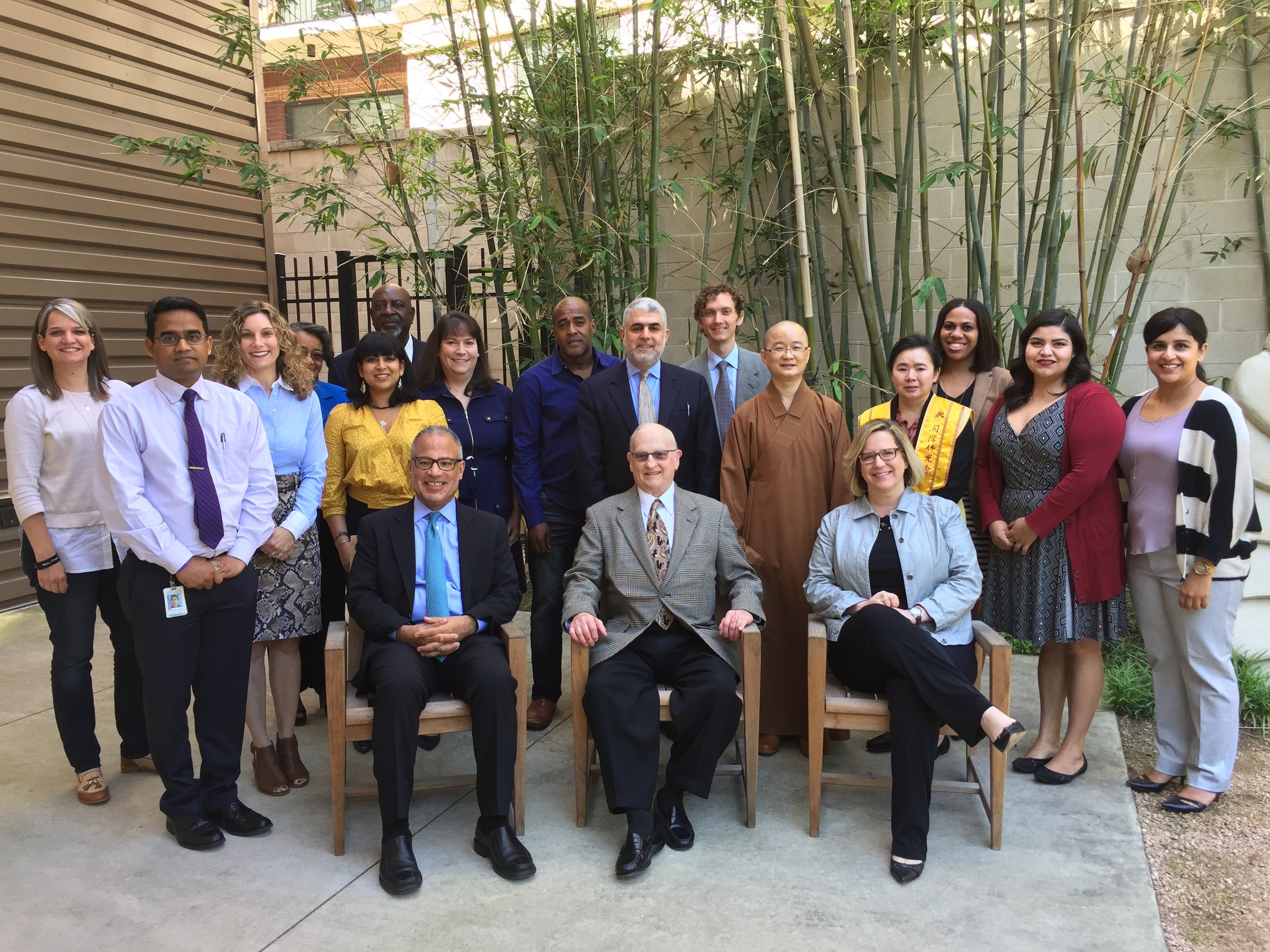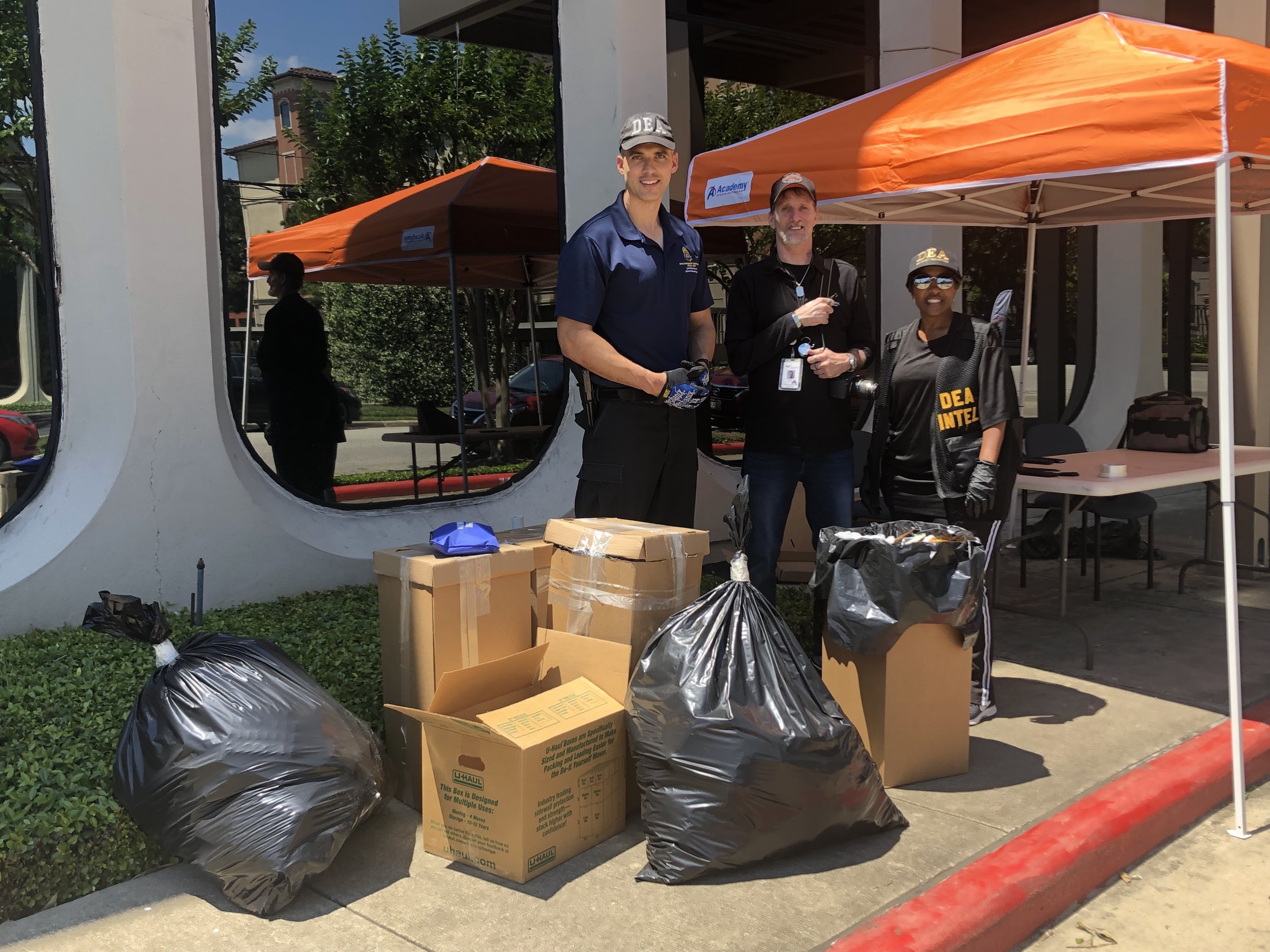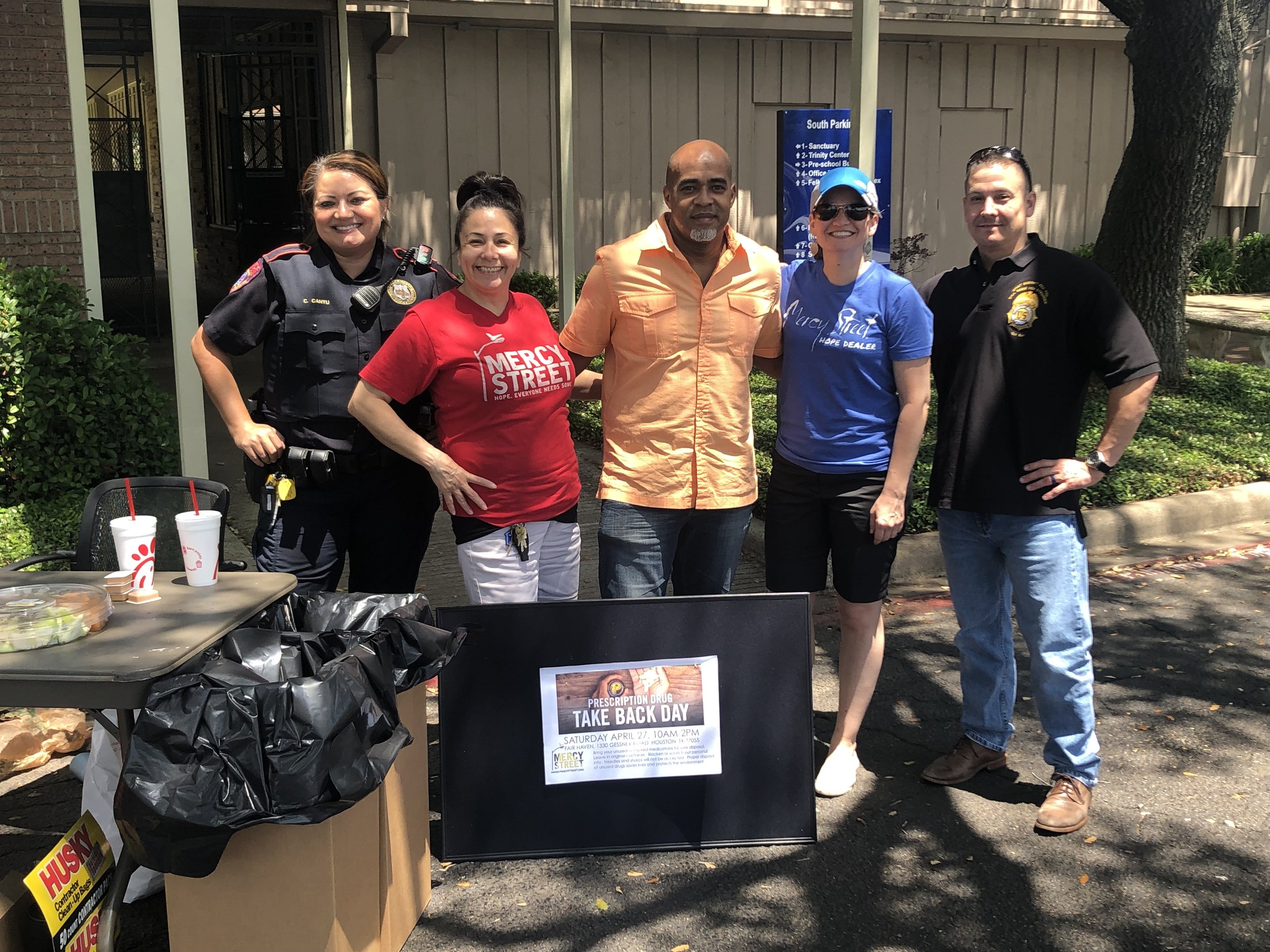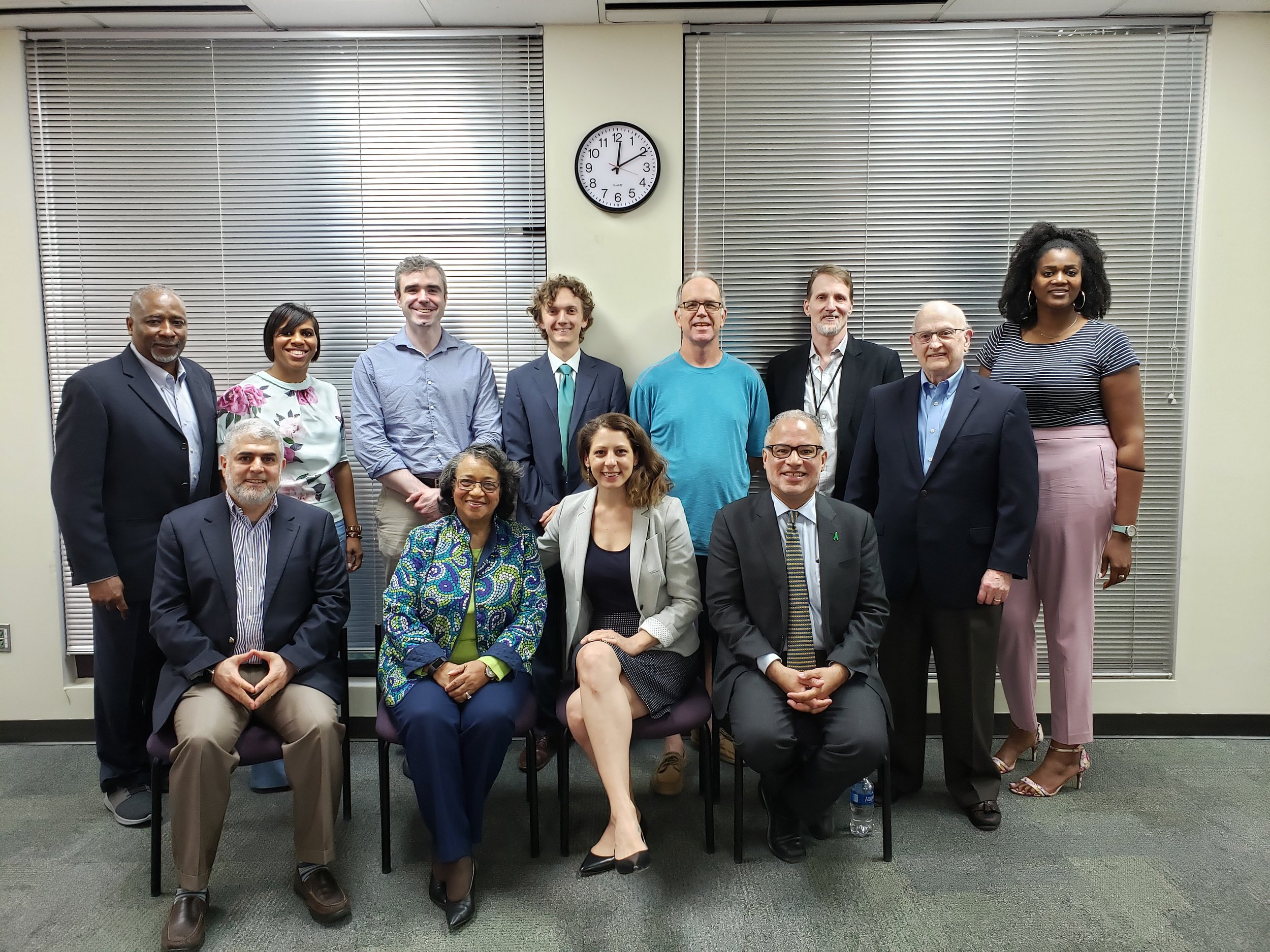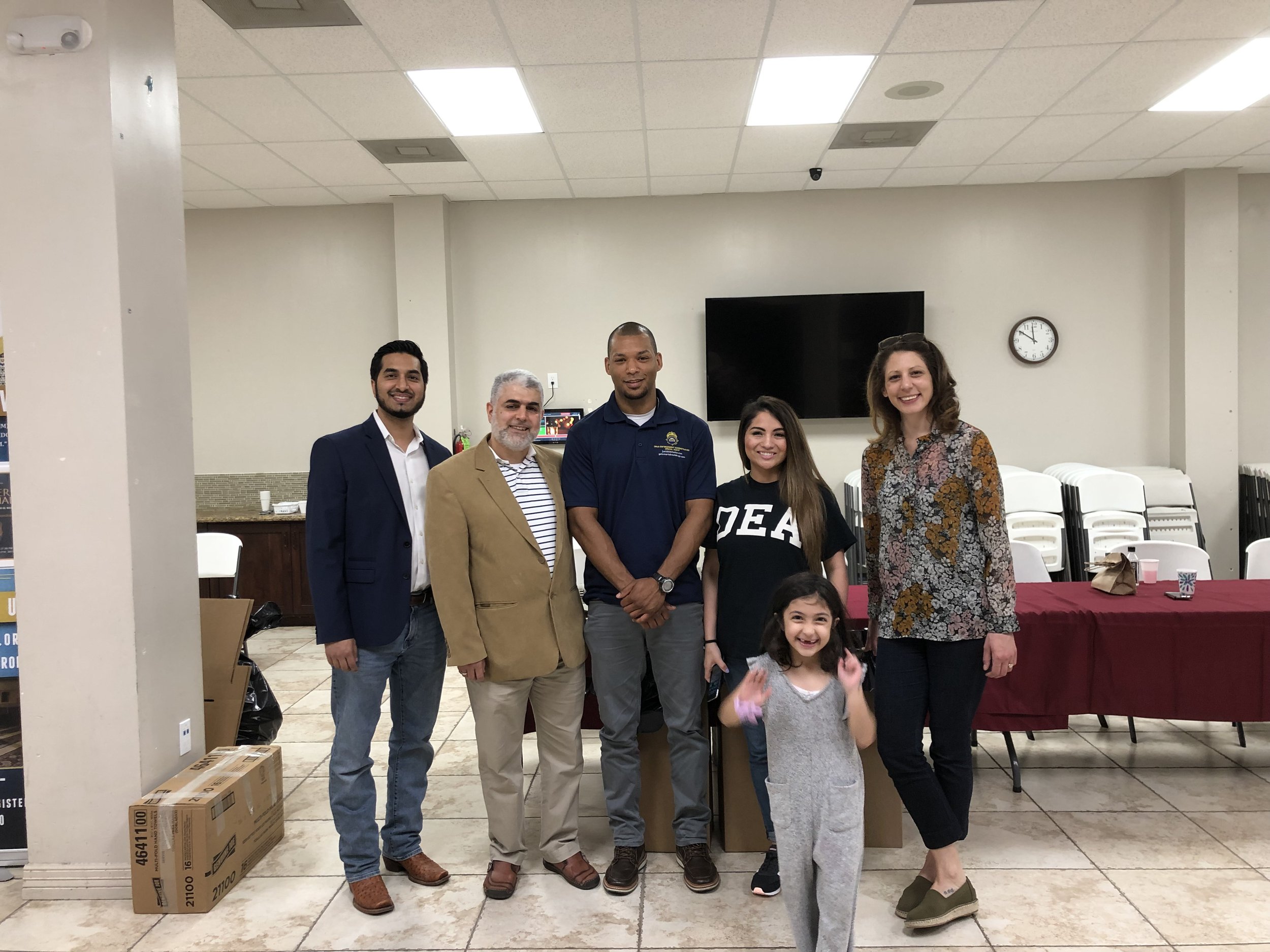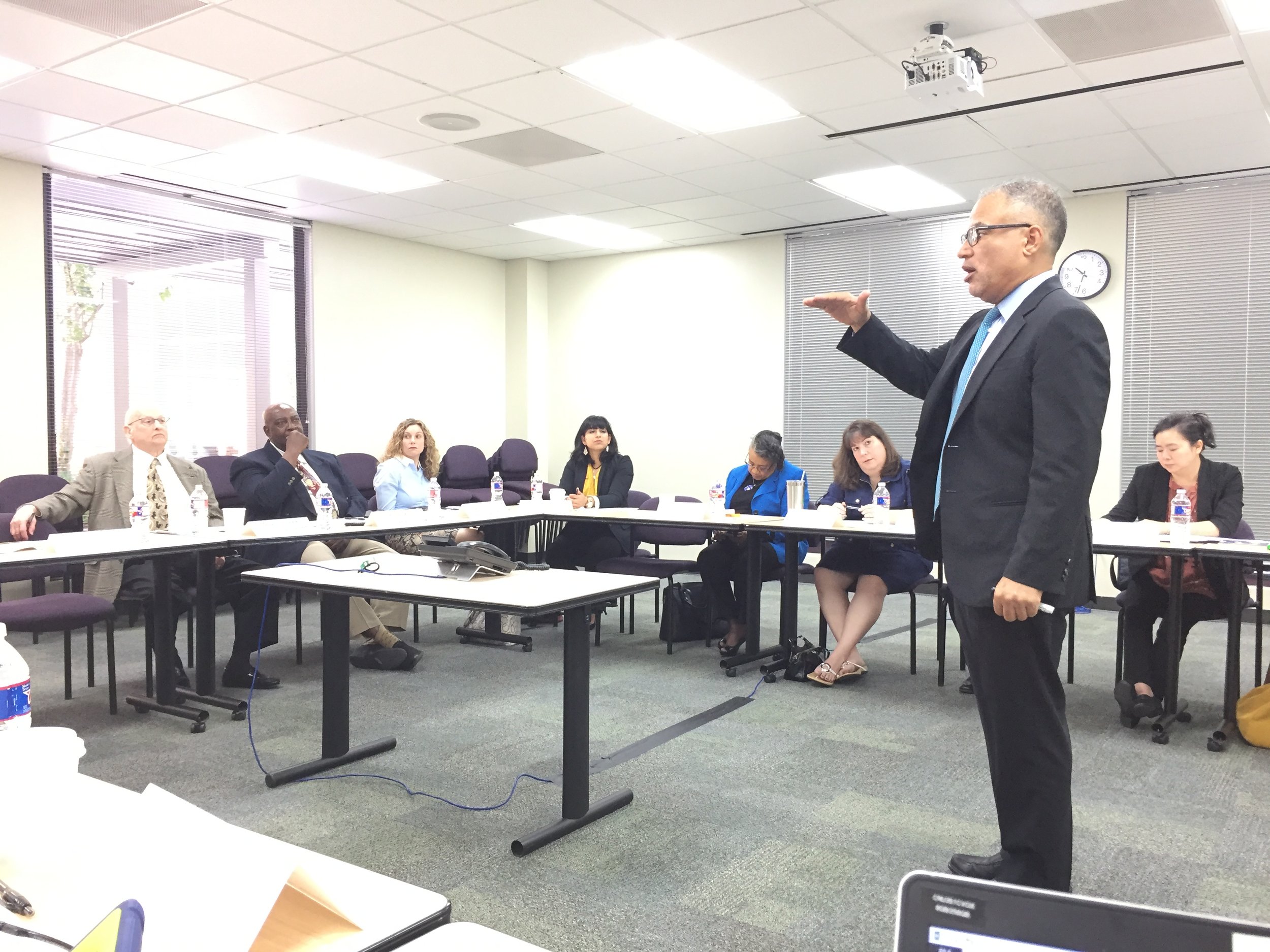Faith and Opioid Roundtables
A Partnership with the Clinton Health Matters Initiative
The opioid epidemic has become the worst drug epidemic in U.S. history. Despite efforts at many levels designed to address the crisis, overdose deaths from opioids have quadrupled since 1999. In 2016, more than 64,000 people died from drug overdoses in the U.S., up from nearly 54,000 in 2015, and more than any year on record. Nationwide, the epidemic has devastated communities and many cities in Texas are now struggling to appropriately respond to the rising rates of addiction, overdoses, and deaths. In the Houston metro area, law enforcement agencies have taken steps over the past two years to aggressively train field staff on management and on-site interventions, while medical leaders have provided further support services for patients in clinical settings. These efforts are noteworthy, yet stigma related to addiction and disconnected systems of care serve as obstacles to meaningful action.
With a limited and fractured response to this crisis from the philanthropic community, and the patchwork of state and community-based organizations exhausting their every resource on fighting overdose deaths and addressing addiction, there exists a clear need for broader and more coordinated efforts to catalyze collective action in unique sectors across the nation. There is no silver bullet to solve for this crisis – it will take a long-term, sustained approach and the involvement and deep partnership of organizations and individuals across sectors and in all pockets of our communities.
Our strategy recognizes the critical role that the faith-based organizations play as key conveners, thought partners, strategists, and influencers within their communities. Faith leaders are trusted members of community and can play a vital role in reducing the stigma around addiction and create new connections to support services for those in need. Of the 6.2 million people in the greater Houston metro area, over 4.9 million, or 80 percent, identify themselves as actively religious. For this reason, the Institute for Spirituality and Health worked with the Clinton Foundation Health Matters Initiative and the Council on Recovery to host two cohorts of Faith + Opioid Roundtables in Houston. Our efforts helped us to better understand local trends, gather feedback on resident experiences, and engage in a dialogue about how we collectively can collaborate to reach all individuals and families afflicted by the crisis.
Our efforts resulted in meaningful community partnerships including drug take-back days, an op-ed in the Houston Chronicle, education sessions, and the publication of a comprehensive guide to recovery resources in the Greater Houston Area.

